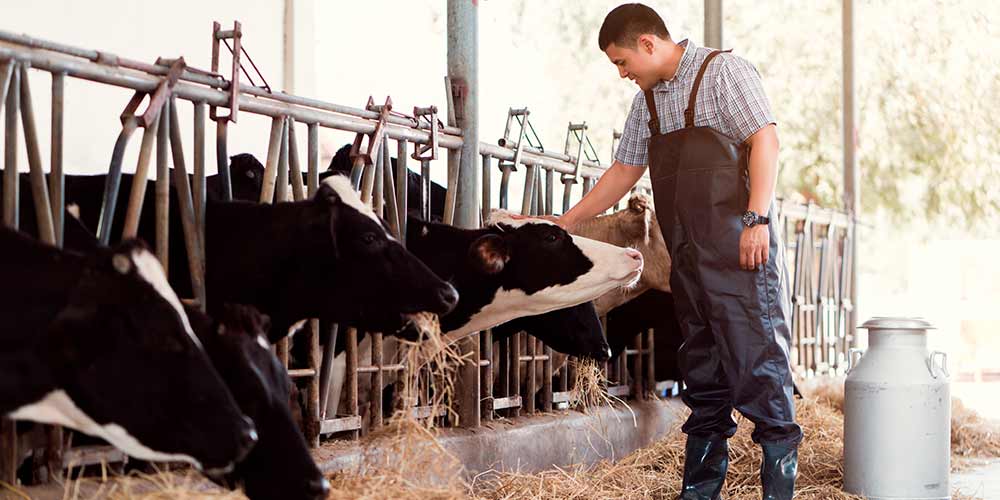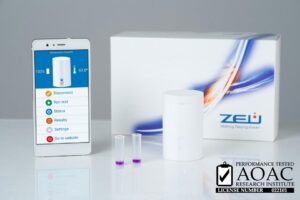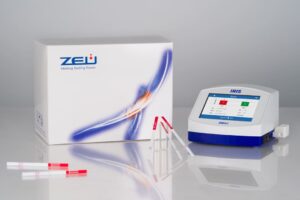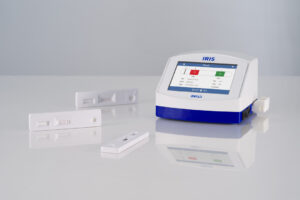
Solutions for farmers: How to avoid losing over €2,000 after a positive antibiotics residue test.
07 Oct 2020Pedro Razquin, José A. Valares.
Milk production in the primary sector is a task that involves unending dedication from farmers and constant commitment to the quality and safety of this foodstuff.
Throughout the year, one of the issues that can lead to great uncertainty for farmers is the uncontrolled presence of antibiotic residues in milk delivered daily. In most cases, this is due to human errors or to an unexpected change in the type of treatment for the animals at different times during lactation. Unfortunately, the consequences can be very serious for farms run under tight margins. For example, a farm with 100 cows producing 3,000 L per day can receive a penalty of over €2,000 by the industry, in addition to facing action from the health authority and other expenses derived from the destruction of contaminated milk.
In some European countries, there is a long history of self-monitoring for these residues on the farm. In many cases, industry, veterinary and farming personnel collaborate in the financial and technical aspects of the control plan. This prevents many accidents without major consequences, by resolving problems on the farm.
There are 2 important control points for farmers:
-
- Individual analysis of treated animals: It is fundamental to implement preventive management. No treatment is ever identical; births may be premature and the release kinetics of milk residues may vary. Carrying out a simple broad spectrum test, such as the Eclipse Farm 4G, before entering the cow into the daily milking routine will prevent unexpected tank contamination.
-
- Milk tank analysis: Checking the milk in the tank for potential human error before collection is a procedure that can save a lot of trouble. The addition of milk from a cow under treatment can lead to accidental contamination of a 3,000 L tank of milk and a high concentration of residues. This situation could lead to problems in silos of up to 100,000 L within dairy plants if the milk is not analysed. At this stage, a wide spectrum test (Eclipse Farm 4G) can be performed if there is time before collection by the lorry, or a rapid beta-lactam and tetracycline test, such as Duplex BT Scan, if an immediate decision has to be made.
Fortunately, performing an individual check in cows or tanks today is a very simple task. Using small automatic analytical devices, a farmer can perform an antibiotic test in a few minutes. The results are sent to a mobile phone and can be shared in real time with the industry for integrated management.
Find out about new antibiotic control solutions for the farm:







